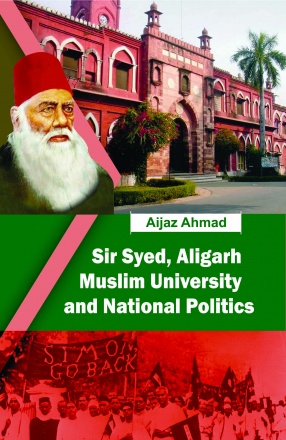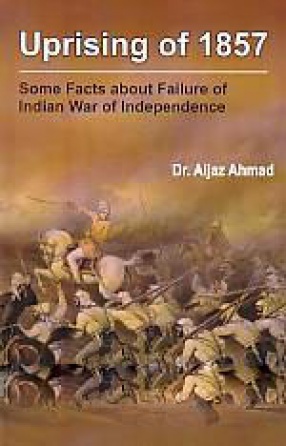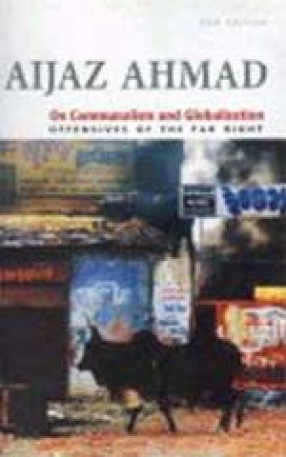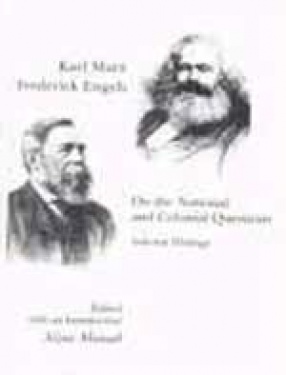
Aijaz Ahmad

Showing all 7 books

In this book “Sir Syed, Aligarh Muslim University and National Politics” it has been attempted to write a descriptive, analytical and critical account of the educational and political history of the Aligarh Muslim University. While touching the life sketch of Sir Syed Ahmad Khan, it has been very widely discussed that the followers of Sir Syed Ahmad Khan were actively engaged in boosting the AMU, ameliorating the position of the Muslims and equally ...

This book seeks to examine the role of Indian Muslims in uprooting the British rule, with special reference to the Great Revolt of 1857. Presenting an overview of the uprising of 1857, it describes in detail the events that led to the uprising and the participation of the Muslims, particularly the theologians as their religious duly to uproot the British rule from the Indian subcontinent.
It also evaluates the contribution of the Wahabi movement, Faraizi ...


The three essays collected in this short volume were written over a period of some eight years and represent a small but perhaps representative selection of my recent writings on the issue of communal fascism and, more obliquely, the nature of imperialism in our time. Implied in this juxtaposition of two texts on communalism and one on globalization is the suggestion that there is a structural even though not a causal connection between the current fascist ...

Marx and Engels were first drawn into political militancy on the issue of the national unification of their native land, Germany, and the creation of a democratic republic there to replace monarchical autocracy. They had begun studying the colonial questions in diverse countries from Ireland to India and China, as well as the national question in several European countries such as Poland, in their youth. Then, the decade following the publication of the Communist ...

Starting immediately after the catastrophe of 11†September 2001 and spanning over the two years, Aijaz Ahmad published a number of long articles on the global imperial design and the wars of occupation that the US launched against Afghanistan and Iraq. Twelve of those articles are included in this book. Together, these articles offer a wealth of factual detail and analysis covering the background of US policy, preparation and execution of the two wars, and the ...

